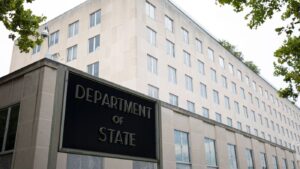Harvard Challenges Trump Administration’s Funding Threats in Court
In a bold move, Harvard University has initiated legal proceedings against the Trump administration, seeking to prevent the potential withdrawal of more than $2 billion in research grants. This legal action follows Harvard’s refusal to comply with government directives to modify certain institutional policies, which the university deems unconstitutional.
Context of the Lawsuit
The Trump administration has been imposing demands on prestigious universities such as Harvard and Columbia, threatening federal funding if these institutions fail to adhere to specific reforms. These reforms include reducing overhead costs and aligning hiring and admissions processes with viewpoint diversity. In a particular instance, the administration insisted that Harvard audit its campus ideology and cease recognizing student groups accused of antisemitism. Harvard’s President, Alan Garber, who is Jewish, labeled these demands as illegal.
Consequently, the government responded by freezing over $2 billion in grants and threatened further actions such as revoking Harvard’s tax-exempt status and restricting its ability to enroll international students.
Harvard’s Legal Standpoint
Harvard’s lawsuit characterizes the government’s actions as retaliatory and unfounded. The university argues that there is no logical connection between addressing antisemitism concerns and affecting research funding that is crucial for lifesaving discoveries. President Garber communicated to the Harvard community that the administration’s actions could have “severe and long-lasting” repercussions. As of now, the White House has not issued a response.
Campus and Alumni Reactions
The lawsuit has been met with approval from both students and faculty at Harvard. Government professor Ryan Enos expressed pride in Harvard’s decision to challenge what many perceive as an authoritarian stance by the Trump administration. Enos stated, “What it takes is somebody that is willing to put the resources and the time, and Harvard has those things.”
Alumni have also shown support, with some pledging financial backing for the legal fight. An anonymous alum questioned the purpose of Harvard’s $50 billion endowment if it could not be used to counter such governmental pressures. In contrast, Columbia University refrained from suing due to concerns about the potential financial implications.
Implications for Higher Education
The ongoing dispute highlights broader tensions within academia. President Trump has previously criticized elite universities as elitist and overly focused on progressive ideals, a sentiment echoed by a segment of the American public. A recent Gallup survey indicates a growing confidence gap in higher education, with nearly a third of Americans expressing skepticism towards its value.
Concerns regarding political bias, inadequate skill preparation, and high costs are contributing to the waning public trust in higher education. Lynn Pasquerella, president of the American Association of Colleges and Universities, stressed the importance of moral courage in defending educational values amidst these challenges.
In a significant development, Pasquerella’s organization, along with the American Academy of Arts and Sciences, released a joint statement with nearly 200 university presidents condemning the administration’s actions, marking a unified stance against the perceived threats to higher education.
This article is based on information provided by NPR and GBH’s Kirk Carapezza.






